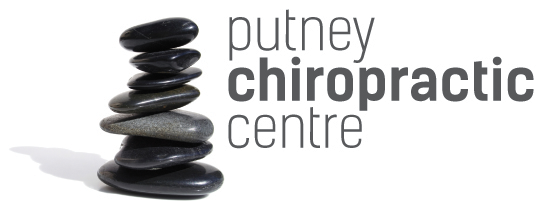Pillars of stress management
With the weather cooling down, there’s no time of year more important than now to prioritise your immune system. One of the largest impacts on immunity we all experience is stress, so here are some easy tips and tricks I’ve found useful to manage and decrease stress. I hope you’ll find them helpful, too.
Recognise that you're stressed
Recognising that what you’re feeling is stress is the first step to managing it. Extra points if you’re able to communicate this feeling to loved ones when they check in.
Detach
Scrolling mindlessly on social media, watching brain-numbing TV, or falling into a news hole that only fills you with dread – these are tactics we might employ to escape from whatever’s causing us stress, but it’s not an effective strategy and often leaves us feeling worse.
Connect
“A problem shared is a problem halved.” Sharing your feelings with those you trust can be a real weight off your shoulders. Sometimes all it takes is just speaking your feelings out loud.
Recognising when you may need more help, for example, speaking to a psychologist or professional counsellor, is also important.
Flow state
Meditation has become a bit of a buzzword recently – sometimes it’s hard to pinpoint what exactly that word means! Here’s my take: not to knock it, but I've never personally been a fan of the traditional, sit-and-clear-your-mind meditation. So, if you’re looking for advice on that, I’m not your gal.
BUT I am a big fan of something called the flow state: walking, exercising, making art, journaling, playing sport. Think of these activities as the opposite of those mindless, cyclic activities we aim to detach from. Instead, these activities might require a little more discipline to engage in, i.e. lacing up your running shoes or getting out a pen and a journal, but once engaged, you feel utterly and entirely enveloped in the task. Full of concentration and inspiration, these will leave you feeling energised.
Take care of your body
Stress often manifests physically, so making sure you’re sleeping, eating well and enough, and moving your body cannot be overlooked. Stress can often manifest as tension and dysfunction in the body. Chiropractic care helps by enhancing nervous system function, reducing physical tension, and restoring proper signalling between the brain to body – a process that can get interrupted and distorted while in a stressed state.
- By Mackenzie Pyke
